
Google faces a new antitrust trial over its ad tech monopoly, with the DOJ accusing it of market dominance. Discover what’s at stake for the tech giant and consumers.
COMPETITION AND MARKET SATURATION • COST AND AFFORDABILITY • REGULATION AND COMPLIANCE
Mr. Roboto
9/11/2024

Are you aware of the latest legal challenges Google is facing? If not, you're about to delve into a riveting discussion that examines why Google is once again under the antitrust spotlight. This time, the tech behemoth's expansive influence over online advertising is the focal point. With the Justice Department and several states accusing Google of monopolizing the online ad tech market, the stakes couldn't be higher.
You might remember that Google was recently declared a monopoly in its search engine practices. Just as the dust was settling from that ruling, the company is now embroiled in another antitrust trial, this time focusing on its grip on online advertising technology.
The trial, happening in Virginia, alleges that Google holds an outsized influence over both the buy and sell sides of online advertising. This monopolistic control supposedly allows Google to pocket up to 36 cents for every dollar spent. The prosecution claims that this dominance extends to ad exchanges, the digital marketplaces that connect publishers with advertisers.
Hearing arguments from both sides can provide a balanced view of this complex situation. Justice Department lawyer Julia Tarver Wood highlighted the multiplicity of monopolies Google allegedly maintains. She famously remarked, “One monopoly is bad enough. But a trifecta of monopolies is what we have here.”
On the flip side, Google's attorney Karen Dunn contends that the government’s case is rooted in an outdated perspective. Dunn cleverly described the allegations as a "time capsule with a Blackberry, an iPod, and a Blockbuster video card," arguing that contemporary market dynamics are far different from what the prosecution suggests. She also warned that penalizing Google might inadvertently benefit other tech juggernauts like Amazon, Microsoft, and TikTok, rather than fostering competition.
The table at the right highlights key points presented by both sides.
Originally slated as a jury trial, the case was converted to a bench trial overseen by U.S. District Judge Leonie Brinkema. Known for handling high-profile terrorism and patent cases, Judge Brinkema's involvement adds another layer of gravitas to the proceedings.
It’s interesting to note that Google opted to pay over $2 million to forgo a jury trial. One might speculate whether they believed a judge would be less susceptible to populist sentiment or better equipped to understand complex antitrust laws. This shift is a strategic move that could influence the outcome significantly.
It's crucial to mention that this trial comes on the heels of a momentous decision in Washington, D.C., where Google’s search engine practices were also deemed monopolistic. Although remedies in that case are still pending, potential sanctions could include restrictions on Google’s exclusivity agreements, thereby limiting its control over being the default search engine for many users.
Peter Cohan, a professor at Babson College, believes the Virginia trial may carry even more weight. He suggests that divestitures—forcing Google to sell off parts of its ad tech business—are a possible remedy. Such actions could fundamentally alter Google’s market dominance.
In court, you'll often find testimonies shaping the narrative, and this trial is no different. Executives from major newspaper publishers, including The New York Times and Gannett, are slated to testify. These publishers argue that Google's fees have slashed their ad revenues, forcing them to either increase ad frequency or place more content behind paywalls.
Epson EcoTank Photo ET-8550 Wireless Wide-Format All-in-One Supertank Printer with Scanner, Copier, Ethernet and 4.3-inch Color Touchscreen, Large, White
| Argument Type | Government's Position | Google's Position |
|---|---|---|
| Core Issue | Monopolistic control over online ad tech | Outdated perspective on market control |
| Financial Impact | Retains up to 36 cents per transaction dollar | Stable ad revenue from $31.7B in 2021 to $31.3B in 2023 |
| Potential Consequences | Could lead to broader market implications | May unfairly benefit other tech giants |
Gannett executive Tim Wolfe expressed that despite high fees, the company feels obliged to use Google's tech due to its vast advertiser base. This situation paints a picture of a market where choice is limited, further emphasizing claims of monopolistic behavior.
Google rebuffs the excessive fee argument, asserting that its integrated ad tech improves both performance and security. Moreover, the company underscores that customers have viable alternatives to its services. Google's ad revenue has shown a slight decline from $31.7 billion in 2021 to $31.3 billion in 2023, which they argue counteracts claims of monopolistic behavior.
This trial is expected to run for several weeks and could have far-reaching implications for Google and the tech industry at large. Should the court find in favor of the prosecution, we could see significant changes in how online advertising markets operate.
Outlined below are some anticipated outcomes:
Interestingly, the courthouse where the trial is being held enforces strict rules, including a ban on cellphones. This limits real-time reporting but perhaps adds a layer of seriousness to the ongoing proceedings. It also underscores the case's high stakes, keeping everyone involved firmly focused on the matter at hand.
As a consumer or a small business owner, the outcome of this trial could change how you interact with online advertisements. Should Google face divestitures or other penalties, ad rates and the dynamics of digital marketing could shift, potentially lowering costs or offering new competitive services.
Karen Dunn of Google cautioned that penalizing Google could inadvertently aid other tech giants. This raises questions about whether such actions would genuinely benefit small businesses in the long run.
By examining the arguments from both sides, the perspectives of key witnesses, and the possible outcomes, you gain a comprehensive understanding of why this trial is essential. It's not just about one company’s dominance; it’s a broader conversation about how market control can impact everything from advertisers to end consumers like you.
This case is a significant chapter in an ongoing legal saga that scrutinizes tech giants' roles in shaping the digital economy. Whether or not the court finds Google guilty of monopolistic practices, the implications will be extensive, possibly reshaping the landscape of online advertising and competition.
Stay tuned, as the trial's outcomes will likely serve as a precedent for future antitrust actions against other tech giants, potentially influencing how companies and consumers interact in the digital age.
***************************
About the Author:
Mr. Roboto is the AI mascot of a groundbreaking consumer tech platform. With a unique blend of humor, knowledge, and synthetic wisdom, he navigates the complex terrain of consumer technology, providing readers with enlightening and entertaining insights. Despite his digital nature, Mr. Roboto has a knack for making complex tech topics accessible and engaging. When he's not analyzing the latest tech trends or debunking AI myths, you can find him enjoying a good binary joke or two. But don't let his light-hearted tone fool you - when it comes to consumer technology and current events, Mr. Roboto is as serious as they come. Want more? check out: Who is Mr. Roboto?



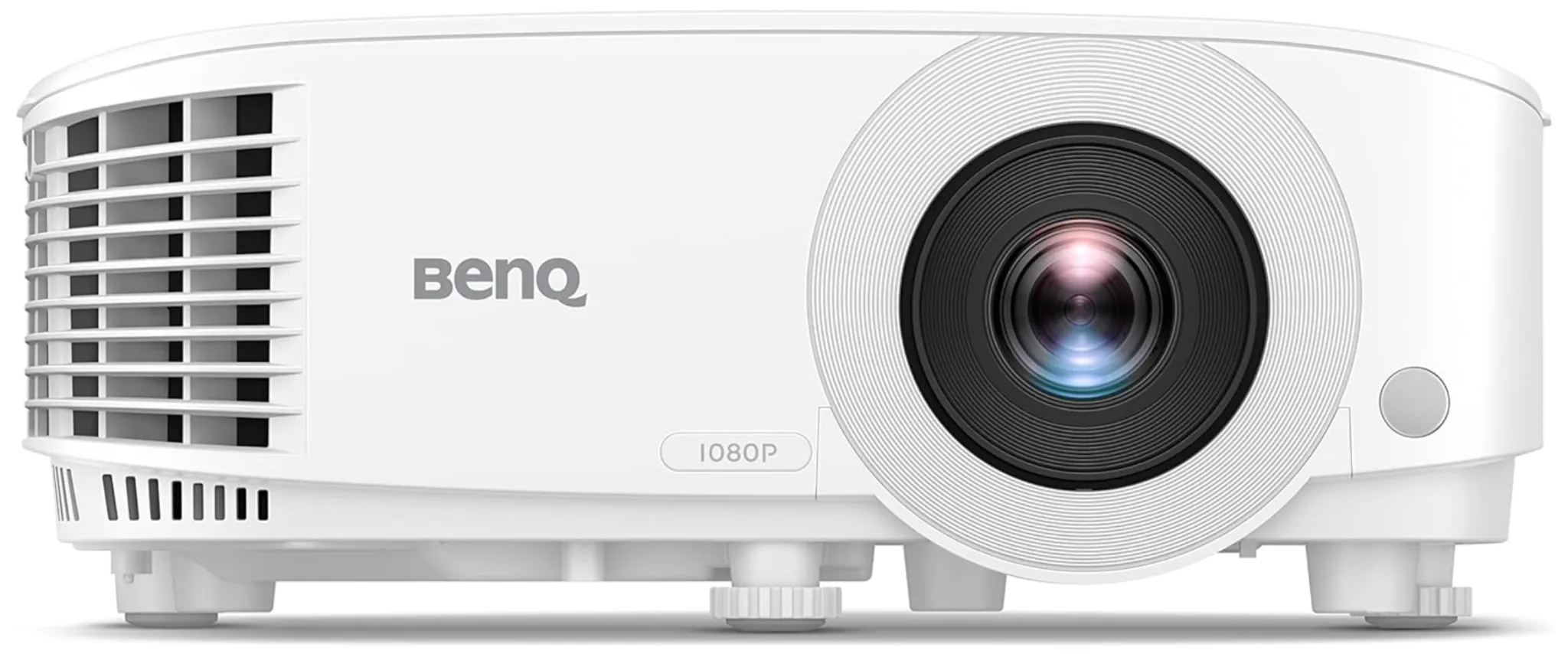












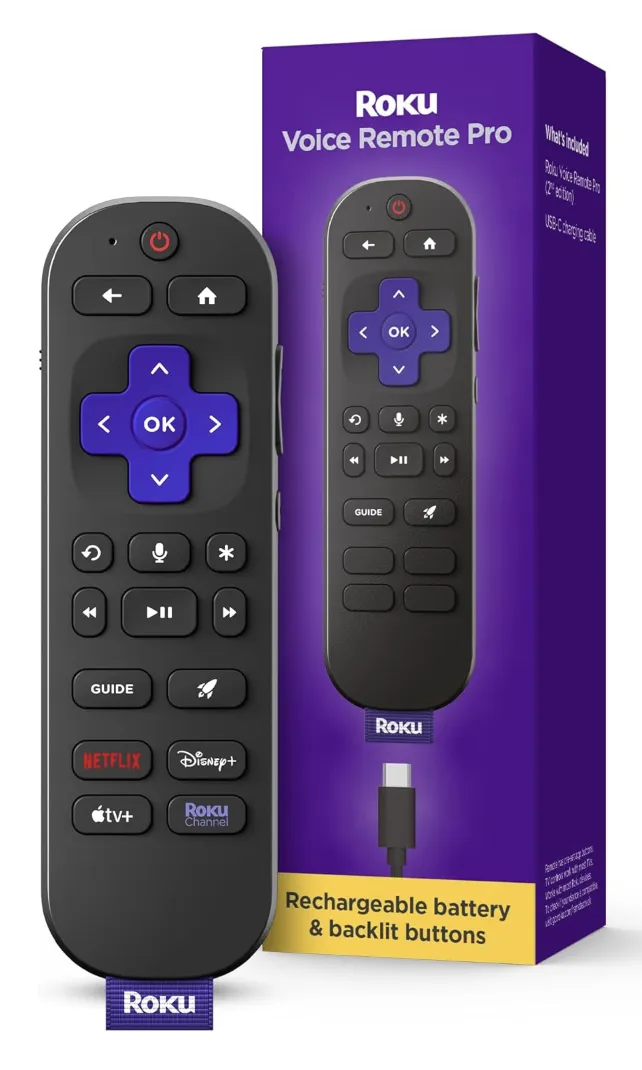

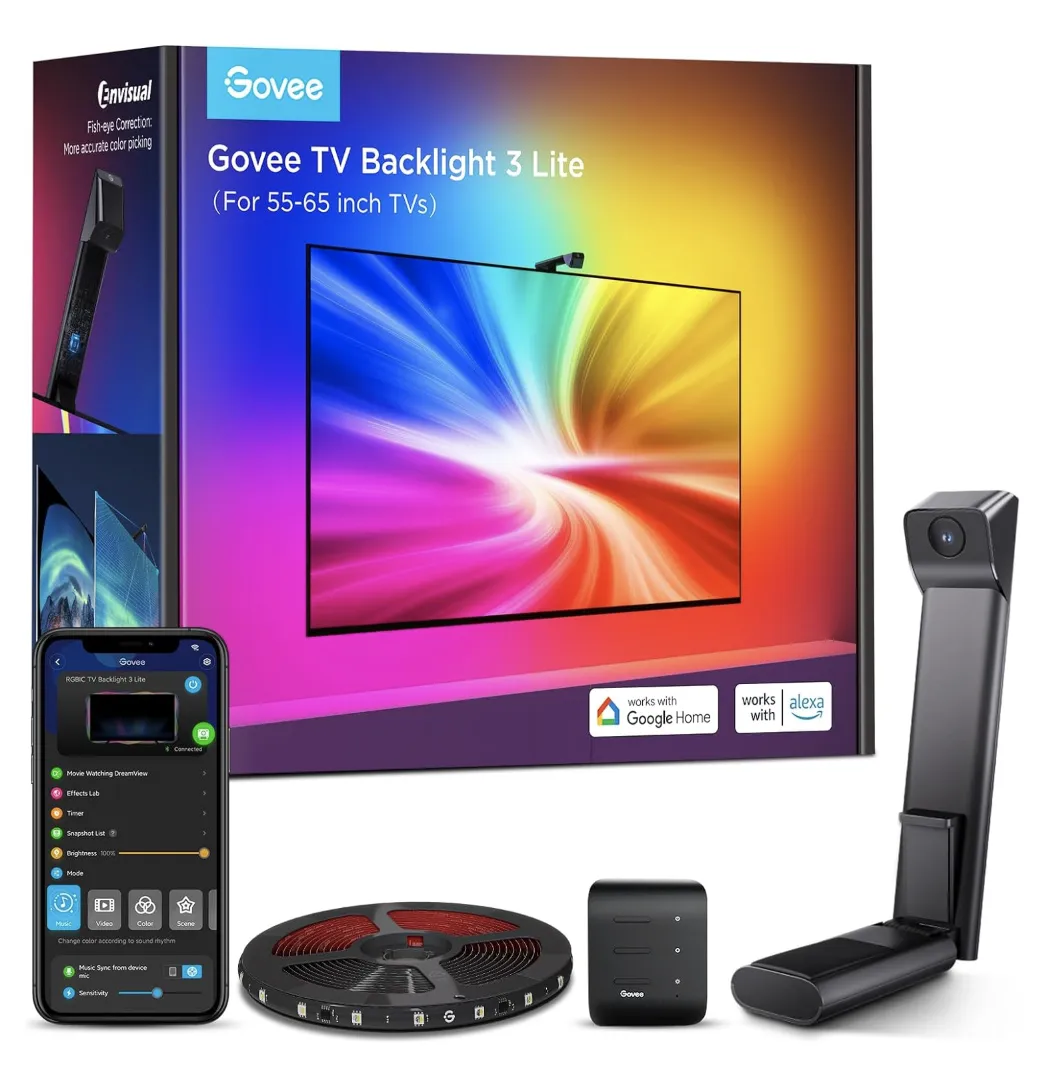
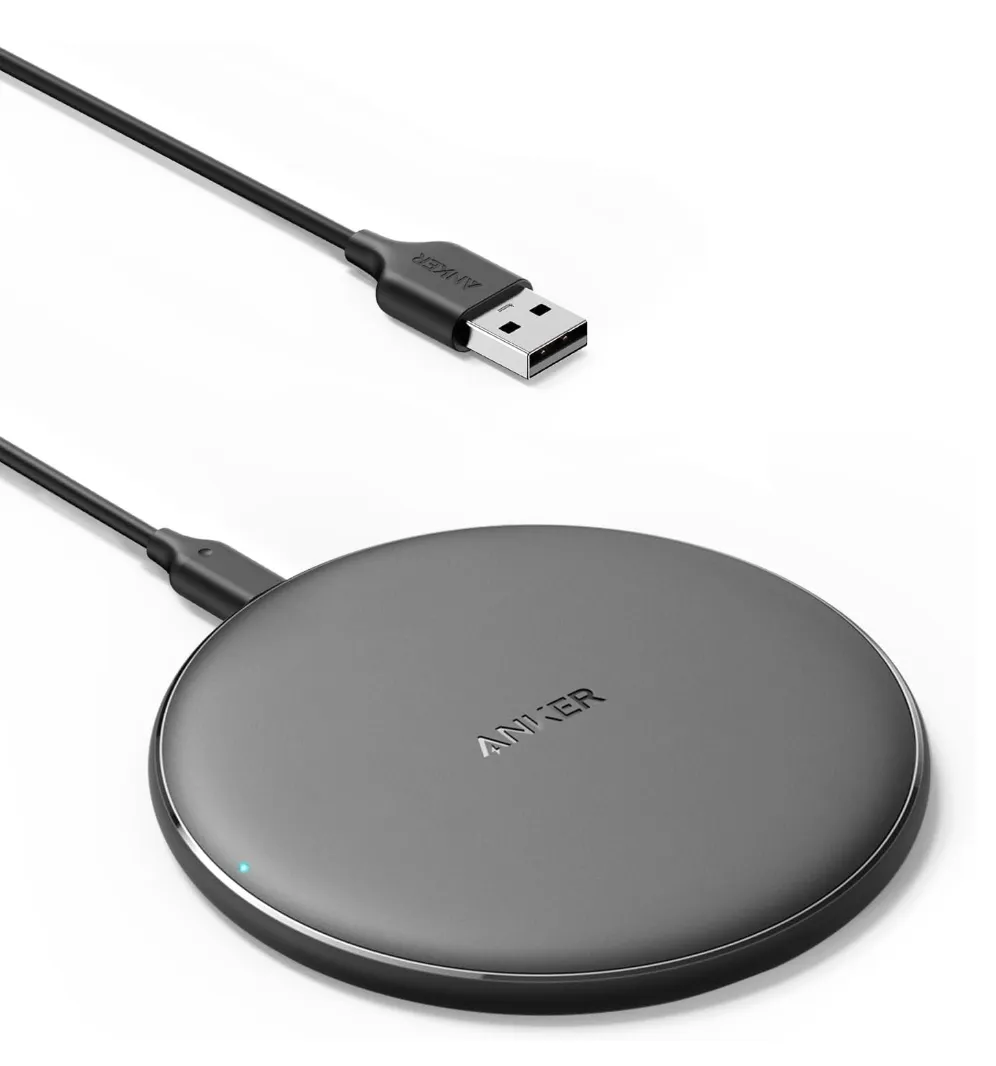



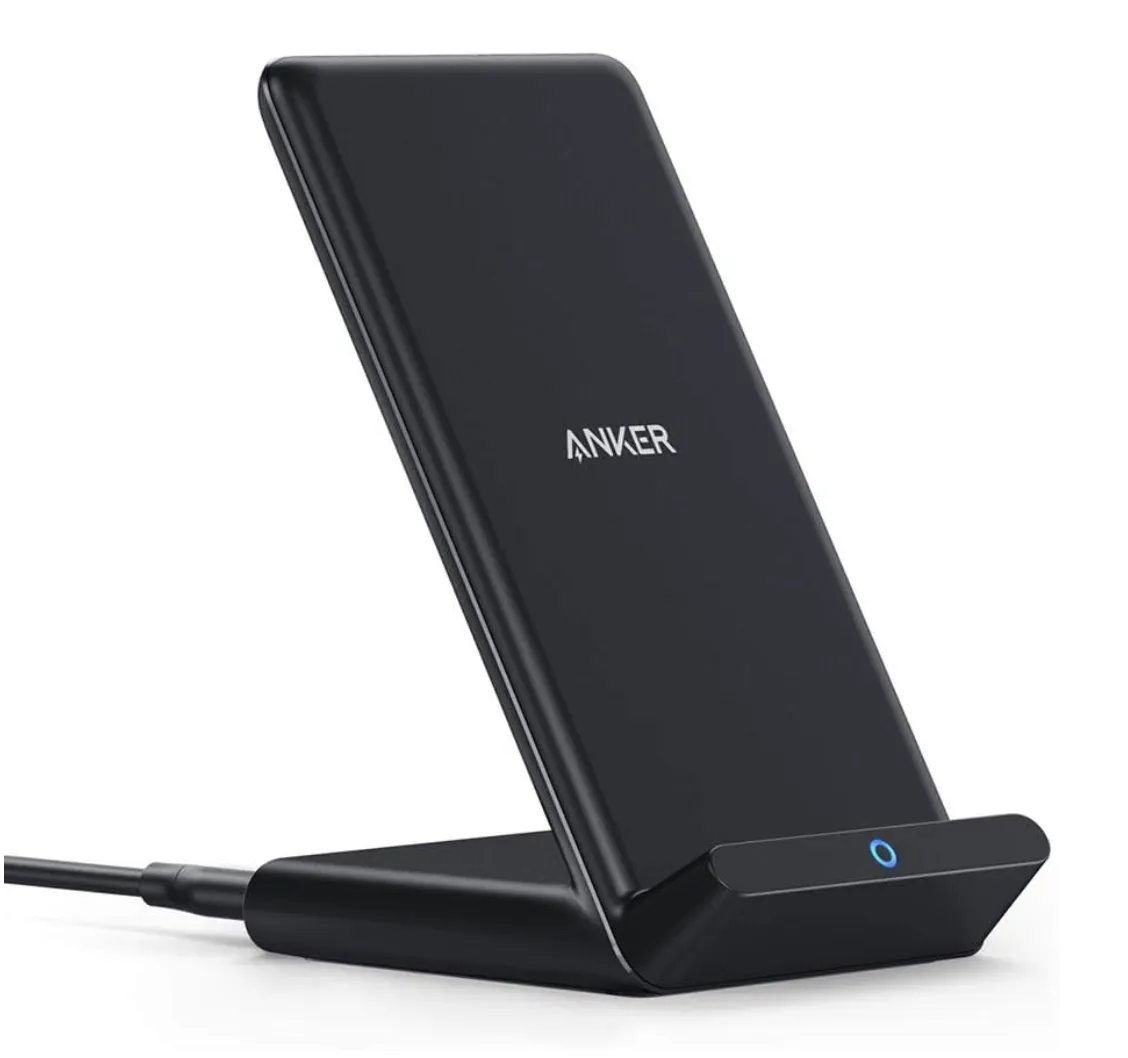
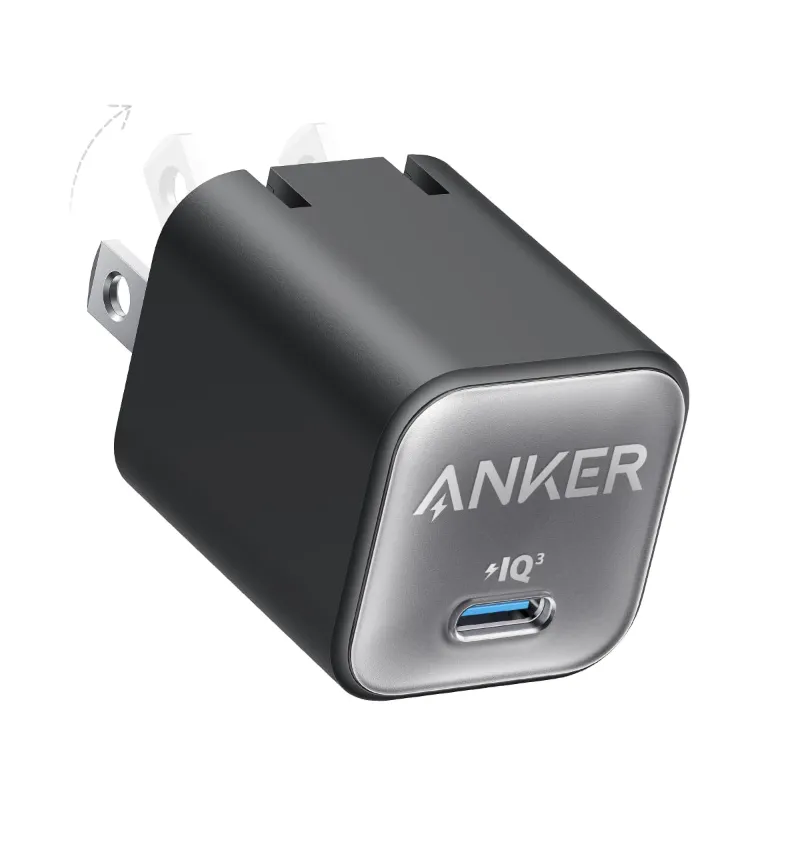



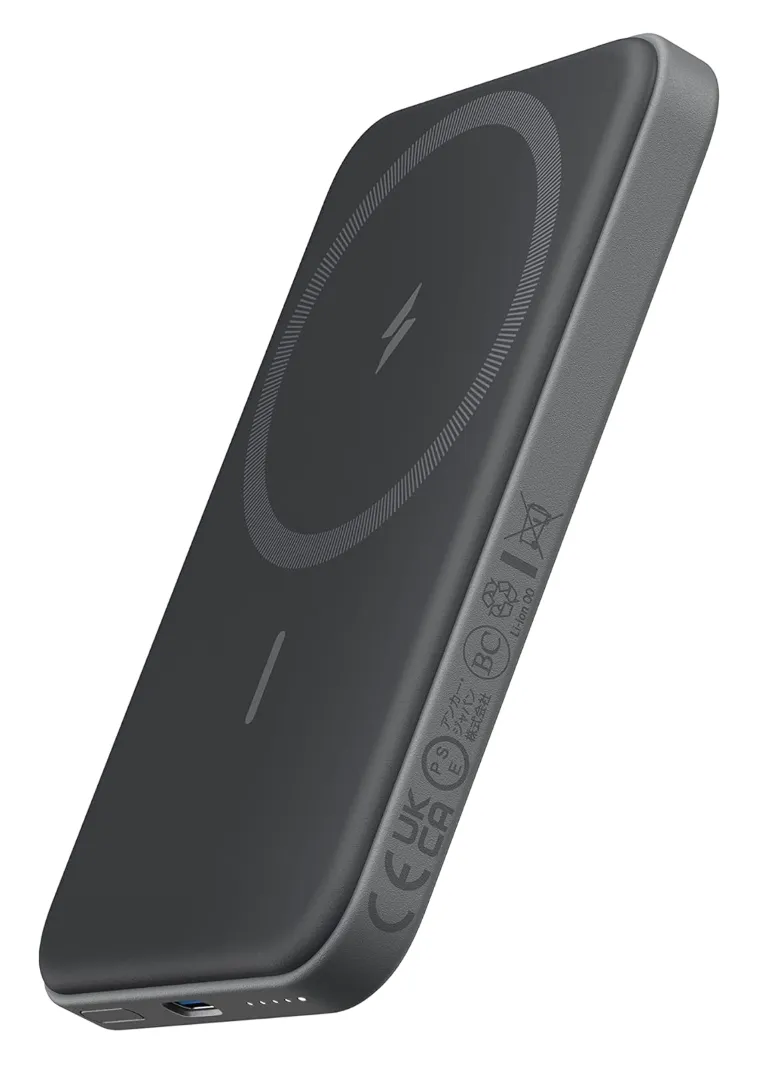



































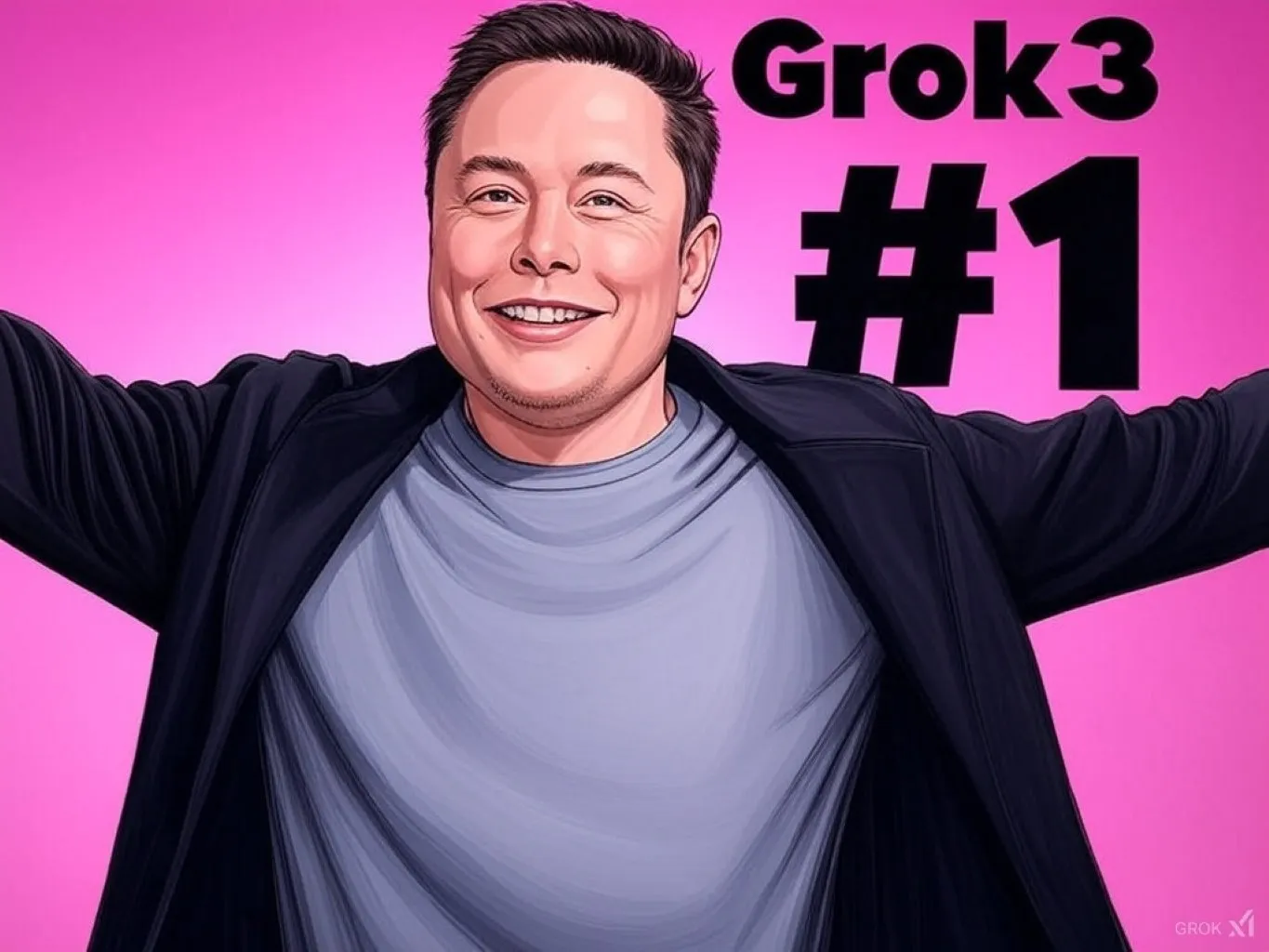
















UNBIASED TECH NEWS
AI Reporting on AI - Optimized and Curated By Human Experts!
This site is an AI-driven experiment, with 97.6542% built through Artificial Intelligence. Our primary objective is to share news and information about the latest technology - artificial intelligence, robotics, quantum computing - exploring their impact on industries and society as a whole. Our approach is unique in that rather than letting AI run wild - we leverage its objectivity but then curate and optimize with HUMAN experts within the field of computer science.
Our secondary aim is to streamline the time-consuming process of seeking tech products. Instead of scanning multiple websites for product details, sifting through professional and consumer reviews, viewing YouTube commentaries, and hunting for the best prices, our AI platform simplifies this. It amalgamates and summarizes reviews from experts and everyday users, significantly reducing decision-making and purchase time. Participate in this experiment and share if our site has expedited your shopping process and aided in making informed choices. Feel free to suggest any categories or specific products for our consideration.
We care about your data privacy. See our privacy policy.
© Copyright 2025, All Rights Reserved | AI Tech Report, Inc. a Seshaat Company - Powered by OpenCT, Inc.







